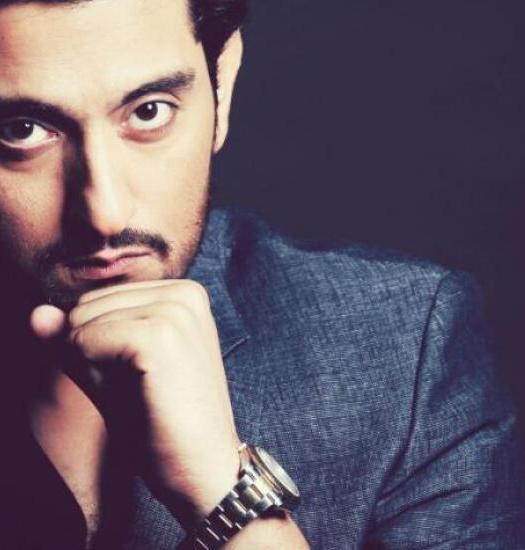Asghar Farhadi and The Salesman: An interview with the master filmmaker
Iranian filmmaker Asghar Farhadi is known for his globally-acclaimed cinema; his stories and the simplicity with which they are conveyed never cease to amaze us.
His latest film, The Salesman, which won the Oscar for Best Foreign Language Film 2017, is one such remarkable tale. The film follows a couple, both actors, in Tehran, who are forced to move apartments following an earthquake. A string of dramatic events follow, changing the lives of the young couple.
As The Salesman gets a theatrical release in India through Sunil Doshi Presents, we share excerpts from a conversation with the Academy Award-winning filmmaker as he gives insights into the making of the film.

Ashgar Farhadi
With regards to The Salesman, how did you know that this would be your next story?
I’d been taking notes for this simple story that I’d had at the back of my mind for some time. When the chance to do a film in Iran came up, I started collecting all these scattered notes I’d been taking over the years. Besides that, I’ve always wanted to do a film that takes place in the world of theatre. I did theatre when I was younger, and it meant a lot to me. The story was ideally suited for the theatre milieu. So I started developing a scenario about characters putting on a play.
What is the process you follow to cast the right actor or actress to make a great performance?
It varies from film to film. With The Salesman I knew who would be playing the two leads while I was writing the summary; in general terms there’s usually one or two parts I know which actors will play them. This helps me a lot in entering the world of the film. On the set I am more comfortable, too, because we know each other’s tastes.
Emad is my favorite character because he looks like an ordinary person, but in another space of his mind, is angry and wants revenge. How did you go about creating his character and your approach with the actor?
I have one in mind for each of the characters you see. The actors go and build their own backstory, sometimes we end up discussing them, and sometimes they’re quite different. Where those differences don’t affect the character in any major way, I let that stand. Anywhere where it does change the character in any major way, I’ll ask them to change it.
I remember when I was talking to Taraneh Alidoosti, she asked, “Why doesn’t she live with her family?” In the story that I had in mind for her, this girl’s family lived in a different city. When I told her this, Taraneh said, “Now, I have to go and work differently on this character because she’s from the provinces.”
The characters were simply created so that the viewer doesn’t have the feeling this couple is any different from many others. It’s an ordinary couple with its own characteristics. They’re both in the cultural sphere and act in the theatre. But they find themselves in a situation that reveals unexpected aspects of their personalities.
You are one of the most representative filmmakers of Iran. Do you see your career as a huge responsibility?
I don’t see it as a pressure but as an opportunity. I recognize that no one film could in any way claim to provide a picture of a whole society, a society of over 70 million that have a variety of beliefs and lives. But each film can provide a picture of a small segment of that society. But even that that’s a relative picture from my point of view! But for as long as it doesn’t limit my abilities as a filmmaker I’m going to take advantage of this opportunity to provide a window into my country.



